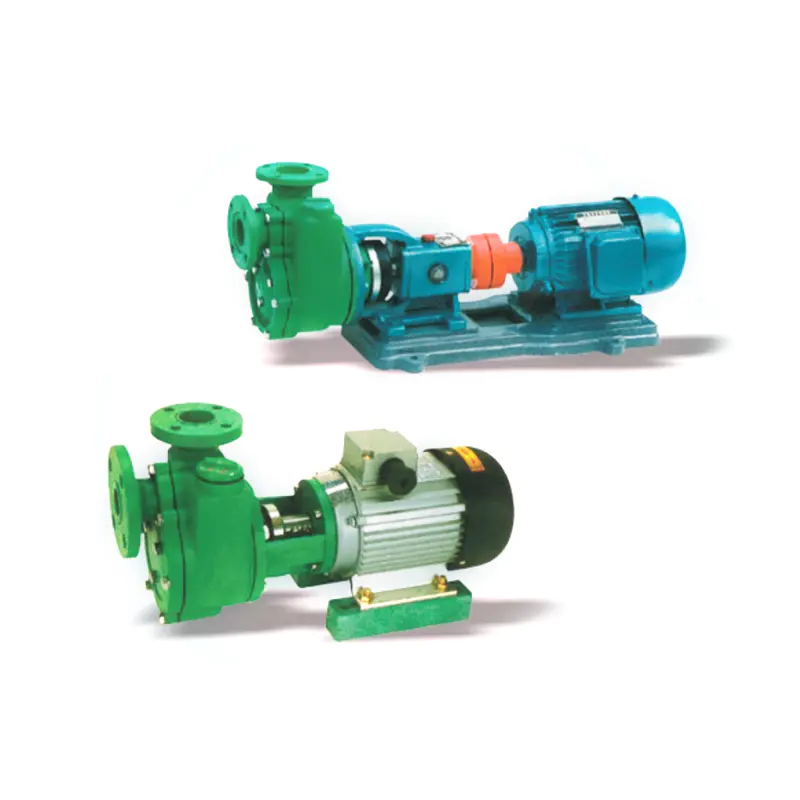Corrosion Resisting Self-Priming Centrifugal Pumps are engineered devices designed to transport aggressive fluids while preventing pump body deterioration through advanced metallurgy and surface treatments. These units combine the hydraulic efficiency of centrifugal impellers with an integrated priming chamber that evacuates air on start-up, eliminating manual filling or foot valves. The corrosion resisting aspect typically involves duplex stainless steels, Hastelloy, or polymer linings that withstand chlorides, acids, and caustic solutions at elevated temperatures. In chemical processing plants, wastewater treatment facilities, and offshore platforms, the pump’s ability to run dry briefly without seal damage is critical for operational continuity. Self-priming is achieved by recirculating liquid within a volute casing, creating a vacuum that draws fluid from a lower sump. Maintenance intervals are extended because wear parts are isolated from corrosive attack by sacrificial layers or ceramic coatings. Energy consumption is lowered through computational fluid dynamics–optimized impeller profiles that reduce turbulence and recirculation. When selecting a Corrosion Resisting Self-Priming Centrifugal Pump, engineers evaluate net positive suction head available, specific gravity, viscosity, and solids content to ensure reliable cavitation-free performance. Modern control systems integrate variable frequency drives that modulate speed based on demand, further protecting the asset against surge and dead-heading. The result is a compact, skid-mounted package that can be commissioned quickly and monitored remotely, delivering decades of service even in the harshest environments.
Categories
- Art
- Causes
- Crafts
- Dance
- Drinks
- Film
- Fitness
- Food
- Games
- Gardening
- Health
- Home
- Literature
- Music
- Networking
- Other
- Party
- Religion
- Shopping
- Sports
- Theater
- Wellness
Read More
QuickBooks Online Help Service
https://quickbooks-enterprise-expert-service.weebly.com/ ...
eld.gg careers mode is an excellent option in the direction of Ultimate Team
From the development of future stars in the youth squad to spending huge with the increase in...
LaVine ratings 41, Bulls supreme Pistons 117-115 at the time In direction of slip-up
DETROITZach LaVine scored 41 facts and the Detroit Pistons known as a single also plenty of...
QuickBooks Online Help sERVICE NUMBER
https://quickbooks-enterprise-expert-service.weebly.com/ ...
!KINO! Night of the Zoopocalypse 2025 ganzer film Stream deutschland
Sehen Sie sich den Night of the Zoopocalypse 2025 ganzer film stream auf Deutscher an Night of...

